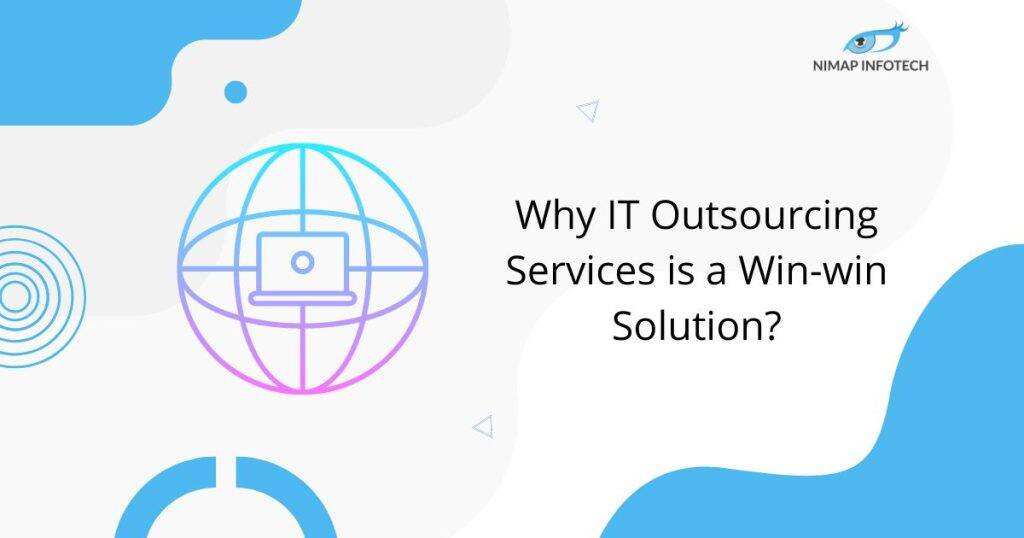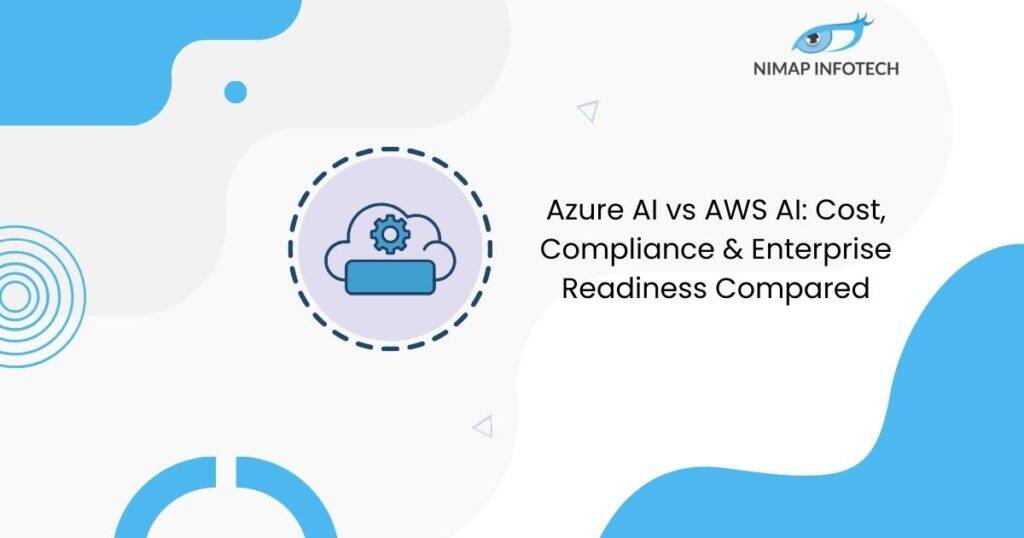In this blog, we will learn about the history of mobile app development, how it started, and how it will progress in the future.
Overview of Mobile Apps –
Writing code for a single machine was the only way to construct an application in the early days of computers. Since each machine needed a different code, this was an expensive and time-consuming procedure. Applications may be created to operate on several machines with the introduction of networked computers. Since the same code could be used on all machines, development became more economical and efficient.
We live in the mobile device era now. Every single gadget in use today has its own hardware and operating system, numbering in the billions. As they have to write code that functions on so many various devices, developers are faced with a hurdle.
As the world becomes more interconnected and dependent on the Internet of Things, app development is expected to become increasingly difficult in the future. It will be necessary for developers to produce apps that run on each of these various platforms and gadgets.
Also Read: Mobile App Development: Does the Future Belong to AI?
History of Mobile Apps –
There have been many ups and downs during the long and distinguished history of app development. Since the beginning of computing, applications have existed, but their popularity didn’t begin to take off until the introduction of smartphones. Let’s examine how app development has changed over time, from the beginning to the present, and speculate about its future.
Initially, businesses utilized programs made for mainframe computers to automate processes and manage inventory. Games like Pac-Man and Pong were among the first to provide consumer-facing apps in the late 1970s. With the introduction of personal computers in the 1980s, productivity applications such as Microsoft Word and Excel experienced an increase in popularity. The internet’s growth in the 1990s gave rise to a completely new class of applications known as web browsers.
Microsoft Internet Explorer was the next most popular web browser after Netscape Navigator. Chrome is currently the most widely used web browser worldwide. When Apple introduced the first iPod in 2001, it completely changed the way people listen to music. After that came iTunes, a computer program that lets users download and buy music from the iTunes Store. Once more, everything changed in 2007 with the arrival of Apple’s iPhone. With the introduction of the App Store in 2008, developers now have a means of marketing their apps to iPhone owners.
The Mobile Apps Craze: Impact on Society –
People may now travel, conduct business, communicate with friends, play games, work out, stay connected at distances, and do much more with mobile devices, which are evolving into all-in-one gadgets.
Developers are enhancing UI/UX and design in Android apps, alongside their creative functionalities. Innovation in app creation keeps pace with technological advancements. Practically anyone may design their app thanks to its flexibility to interact with both personal and business software systems. If nothing else, they can outsource mobile app development to a software development company to create one for them at an affordable cost.
The impact is outstanding for both personal and professional applications. While consumers enjoy convenient and pleasurable services, businesses are growing their mobile capabilities. With the ongoing popularity of mobile apps, companies, and individual users are developing creative ways to increase their potential to generate revenue and improve their general lifestyles and enterprises.
Developing Mobile Apps: A Guide –
- Specify your app’s objectives and scope. What is the need that it fulfils? Which issue does it resolve? Give as much detail as you can.
- Study competitors. Check out other available apps that fulfil a comparable function. Analyze their advantages and disadvantages to see how your app might improve upon them.
- To specify your app’s general structure and functionality, create thorough wireframes and user flows. By doing so, you can make sure that the development process is guided and that the end product lives up to your expectations.
- Select an appropriate development platform. Choose the one that best suits your demands (pricing, cost-effectiveness, the convenience of use, etc.) by researching the many possibilities available.
- To make your idea a reality, work with a reliable and skilled development team. Make sure they have experience producing high-quality apps on schedule and within budget and are aware of your needs.
Trending in Mobile Apps Development –
The app development sector is a dynamic one. Anyone with an idea and a little understanding of coding may now access what was once the realm of major businesses with substantial resources and development teams.
The competition is growing along with the mobile app market. Staying updated on the latest developments in the app development industry is crucial for developers to succeed. These are a few of the most recent developments in app development:
Cross-platform Development:
- Since more and more people own various devices (like laptops, tablets, and smartphones), developers must make cross-platform applications.
- This calls for the development of apps that are easily adjustable to various screen sizes and responsive.
Wearables:
- Though this industry is still in its infancy, there is reason to believe that it will expand rapidly in the years to come.
- Successful wearable app developers will be those who can produce cutting-edge applications.
IoT:
- Another field with tremendous potential is the Internet of Things (IoT).
- Apps that can manage and control these devices will become more and more necessary as gadgets become more and more connected.
Artificial Intelligence:
- Another emerging trend in app development is artificial intelligence.
- The advancement of AI technology will present new opportunities for those who want to become AI developers.
Read More: Outsourcing App Development: Exploring Benefits and Costs
Prominent technologies have led the way in the amazing journey that has been the advancement of app development. Modern technology offers novel experiences and creative solutions, as well as effective means of scaling application deployments. As mobile applications become more intelligent and predictive and leverage AI/ML powerhouses like Google Cloud Platform or Amazon Web Services, they will be able to do more advanced tasks such as providing plug-and-play intelligence and analytics capabilities and unified product portfolios to customize user experience.
App developers stand to gain greatly from any continuous developments that lead to an improved user experience for consumers as technology continues on its path toward innovation. If you need a dedicated development team send your requirements to enquiry@nimapinfotech.com
Author
-

With 14+ years in IT and entrepreneurship, I co-founded Nimap Infotech, a digital transformation company that has delivered 1200+ projects and built a team of 400+ engineers. I’ve also led mobile development teams at Accenture India and IBM Apple Garage and developed a network of 7k+ iOS and Android developers. As an Angel Investor, tech advisor, and mentor, I actively engage with the startup ecosystem.
View all posts









